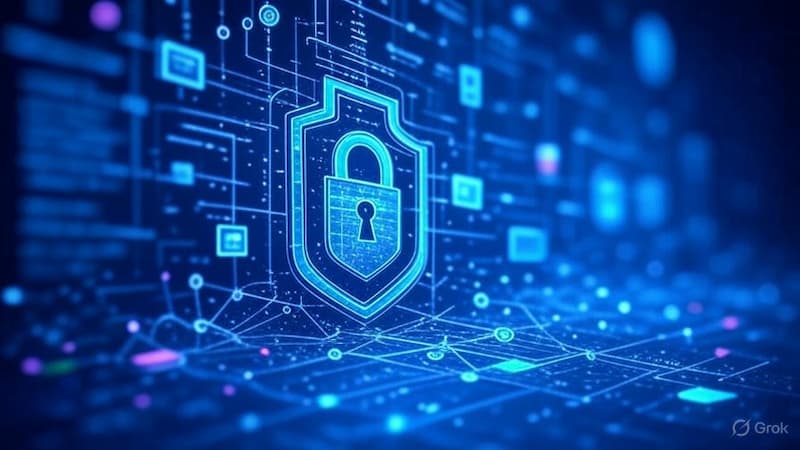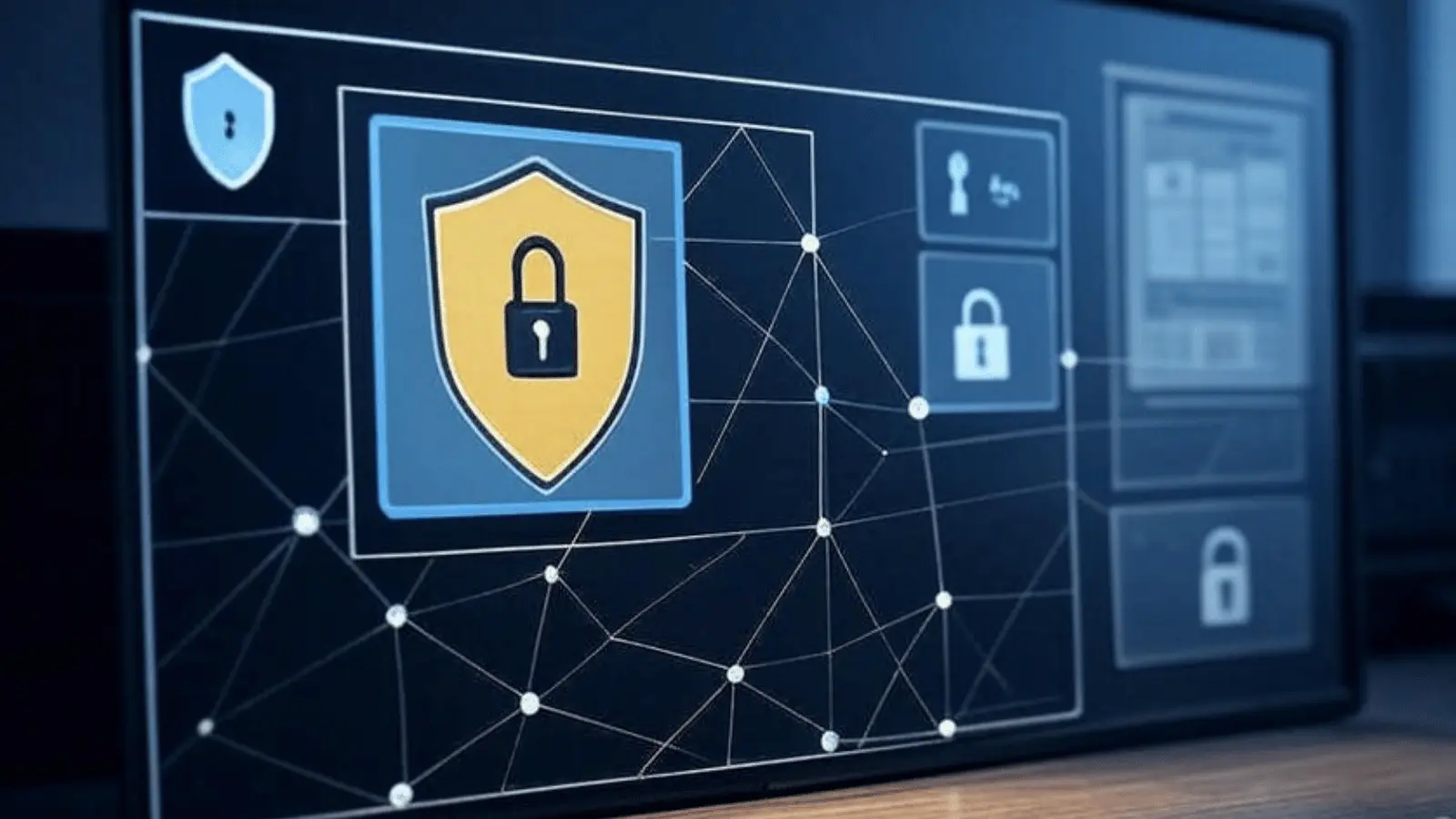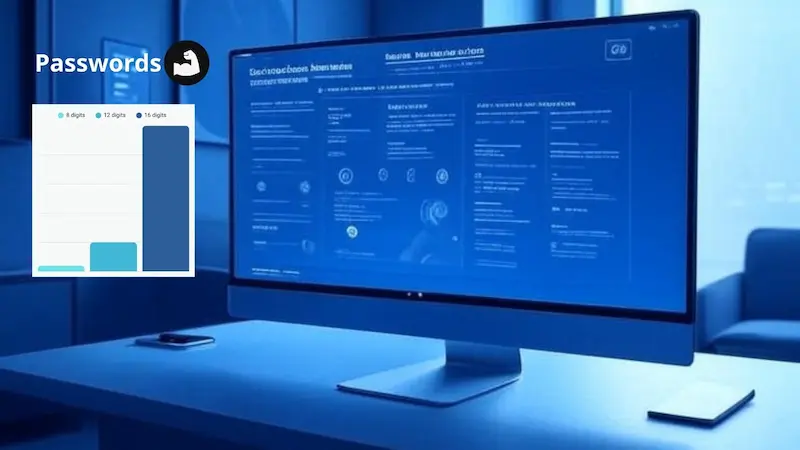VPN, Antivirus, or 2FA: A Simple Guide to Know Which Tool to Use

🛡️ Executive Summary: Key Points
- The Public WiFi Risk: Public networks at coffee shops, airports, and hotels are hunting grounds for attackers who can intercept your unencrypted traffic. A VPN creates an encrypted tunnel making your data invisible to other users on the same network.
- The Download Threat: Malware hides in downloaded files, email attachments, and USB drives. An antivirus acts as a constant watchdog, detecting and quarantining threats before they can steal your data or encrypt your files for ransom.
- The Password Vulnerability: Even strong passwords get leaked in data breaches. 2FA adds a second lock that requires a code only you possess at that moment—blocking 99.9% of automated attacks according to Google, even when criminals have your password.
- The Priority Order: Enable 2FA first (free, 5 minutes per account, stops 99.9% of attacks), ensure antivirus is active (Windows Defender sufficient for most users), then consider VPN only if you regularly use public WiFi or handle sensitive remote data.
☕ Scenario 1: The Private Tunnel for Public Wi-Fi (VPN)
The situation: You're at a coffee shop, airport, or hotel and connect to their Wi-Fi to work or browse. This network is public and often insecure. An attacker on the same network could "listen" to your traffic and steal your data.
Your tool: A VPN (Virtual Private Network). Imagine creating an armored, secret tunnel from your computer to the internet. No one on the same Wi-Fi network can see what you're doing. Your connection is encrypted through that tunnel.
Do you need it? Yes, if you frequently connect to Wi-Fi networks that aren't your own (your home or trusted office network).
📩 Scenario 2: The Watchdog for Your Downloads (Antivirus)
The situation: You download a program from a website, receive a file via email, or plug in a colleague's USB drive. Any of these files could contain malware (viruses, ransomware, spyware) designed to steal your information or harm your device.
Your tool: An Antivirus. It's like a watchdog living on your computer. It constantly sniffs files and programs for suspicious "scents." If it detects something malicious, it barks (alerts you) and puts it in a cage (quarantine) before it can do any harm.
Do you need it? Yes. It's a fundamental layer of protection. Nowadays, both Windows (with Defender) and macOS have good built-in protections, but a dedicated antivirus can offer more comprehensive security.
🔑 Scenario 3: The Double-Lock for Your Accounts (2FA)
The situation: A cybercriminal has obtained your Gmail password, either from a data breach or by tricking you. Now they're trying to log into your account.
Your tool: Two-Factor Authentication (2FA). It's like adding a second lock to your door that requires a different key. Even if the thief has your password (the first key), when they try to enter, the system will ask for a second code that only you have at that moment (usually on an app on your phone). Without that second key, they can't get in.
Do you need it? YES, ABSOLUTELY. It is the single most important security measure you can enable on your critical accounts (email, social media, banking).
So, What's Most Important?
If you had to choose, the priority order for these online security tools is clear:
- Enable 2FA on all your important accounts. It's free and protects you from the biggest risk.
- Ensure you have a basic Antivirus active and up to date.
- Consider a VPN if you frequently use public Wi-Fi networks.
Frequently Asked Questions
What security tool should I implement first?
2FA (two-factor authentication) is first - it's free and blocks 99.9% of automated attacks according to Google. Priority: Gmail, banking services, social media, work tools. Takes 5 minutes per account.
Do I really need a VPN if I only browse at home?
For normal home use, it's not critical. VPN is essential if: 1) You use public WiFi regularly, 2) You work remotely with sensitive data, 3) You travel frequently, 4) Your ISP has a history of selling browsing data.
Is Windows Defender enough or do I need paid antivirus?
Windows Defender 2026 is excellent for average users (AV-TEST rating: 99.8%). You need business antivirus if: 1) You handle customer data, 2) Team of 3+ people, 3) GDPR/PCI compliance. Business options: ESET (€40/year), Bitdefender (€50/year).
How to implement essential security tools
Action plan to protect your devices with the right tools
Enable two-factor authentication (2FA)
Download Google Authenticator or Authy. Enable 2FA on: Gmail, social media, banking, work services. Takes 5 minutes per account.
Install password manager
Create account on Bitwarden (free). Import passwords from browser, generate new 16+ character passwords for critical accounts.
Set up VPN for remote work
Install ProtonVPN (free) or Mullvad (€5/month). Use it mandatorily on public WiFi and for accessing business systems remotely.
Verify active antivirus
Windows Defender is enabled by default. If handling customer data, consider ESET (€40/year) or Bitdefender (€50/year) for teams.
Review app permissions
Audit which apps have access to camera, microphone, location, contacts. Revoke unnecessary permissions in privacy settings.
🛡️ Protect Your Digital Security
Free tools related to "VPN, Antivirus, or 2FA: A Simple Guide …"
Secure Password Generator
Create unhackable passwords instantly
Email Breach Checker
Find out if your email was compromised in any data breach

